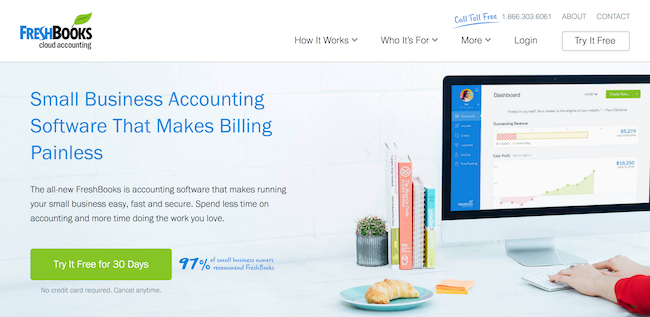One hard truth about the business world is that nine out of ten startups will fail. You must accept that and put your next step keeping the possibility in mind.
Building a startup demands immense hard work but one cannot guarantee the result. No matter how optimistic an entrepreneur is, one needs to be realistic and aware of the correct statistics about failure. Essential is to know how to cope with failure. The ability to bounce back differentiates between successful entrepreneurs and unsuccessful ones.
# Accept Your Emotions
Failure can be hurting and tremendously stressful. There are cases where mental status after a startup shutdown has lead to mental collapse. The first most important thing you need to do is accept your emotions.
Accepting your emotions makes it hurt less in the long run, and rejecting them makes it all the more difficult. It can in fact lead to making you moody or extremely pessimistic about situations.
# You Are Not Alone
Surround yourself with like-minded people. One of the biggest assets of being part of an entrepreneurial community like us is that you are surrounded by people who are going through pretty similar things. As a coworking community, we support each other during the high times and the low. Why not come visit?
# Passion Besides Your Startup
It’s important to have a hobby – which you love besides building your startup. It always keeps you engaged and improves your persona. You may not progress in your startup – but a hobby such as music, sports, or even yoga can make you feel accomplished and alleviate stress.
# Let Your Mistakes Be Your Lesson
A startup may have more than one reason for facing failure. Find out what went wrong for you. Once you understand your mistakes, it becomes a lot easier to avoid them in future. Mistakes made in business become a great source to learn about your business.
# Networking
Ever wondered why startups have so many meetups and entrepreneurs just love to hang out there? That’s because at these events they realize that many like them are also on a leaking boat. Science shows shared misery increases trust. It develops empathy and makes them feel that they’re not alone in this difficult journey. Others too are climbing different mountains of equal difficulty. Besides, one can get a prospective client or partner there! You may even end up with mentors who can help you along the path to success.
# Don't Stop Moving Forward
The shutdown of one startup should not become the reason for you to stop from achieving your goals. There may be a loophole in the idea or the way it was executed was not proper. Give yourself the chances to achieve your goals. Steve Jobs said, “The only way to do great work is to love what you do. If you haven’t found it yet, keep looking. Don’t settle.”
# Plan Your Next Idea and Take Action
Buckle up, pull your socks higher and make a fresh start. Don’t forget the previous mistakes and take necessary actions to move nearer to your goals. Get rid of the negative mindset and believe that YOU are not a failure.



























